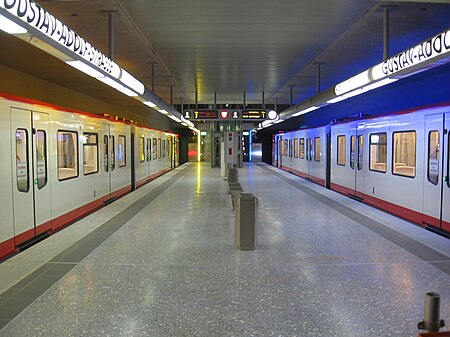The Nuremberg trials were held by the Allies against representatives of the defeated Nazi Germany, for plotting and carrying out invasions of other countries, and other crimes, in World War II.
Between 1939 and 1945, Nazi Germany invaded many countries across Europe, inflicting 27 million deaths in the Soviet Union alone. Proposals for how to punish the defeated Nazi leaders ranged from a show trial (the Soviet Union) to summary executions (the United Kingdom). In mid-1945, France, the Soviet Union, the United Kingdom, and the United States agreed to convene a joint tribunal in Nuremberg, with the Nuremberg Charter as its legal instrument. Between 20 November 1945 and 1 October 1946, the International Military Tribunal (IMT) tried 21 of the most important surviving leaders of Nazi Germany in the political, military, and economic spheres, as well as six German organizations. The purpose of the trial was not just to convict the defendants but also to assemble irrefutable evidence of Nazi crimes, offer a history lesson to the defeated Germans, and delegitimize the traditional German elite.
The IMT focused on the crime of aggression—plotting and waging aggressive war, which the verdict declared "the supreme international crime" because "it contains within itself the accumulated evil of the whole". Most of the defendants were also charged with war crimes and crimes against humanity. Twelve further trials were conducted by the United States against lower-level perpetrators, which focused more on the Holocaust. Although controversial at the time for their use of ex post facto law, the trials' innovation of holding individuals responsible for violations of international law established international criminal law.











